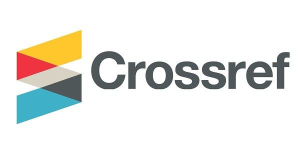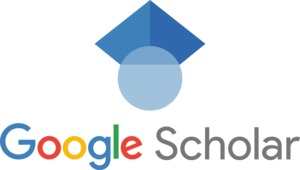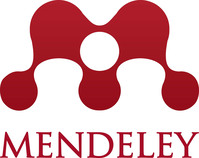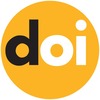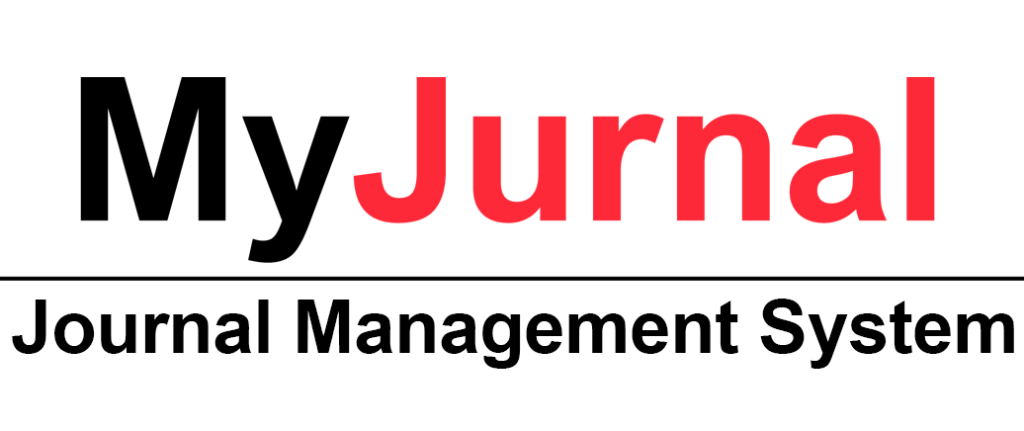Development of Metacognitive Strategies Framework through Education 4.0 for Graduate Employability and Learning Sustainability
DOI:
https://doi.org/10.31436/ijes.v12i2.531الكلمات المفتاحية:
metacognitive strategies، Education 4.0، employability، sustainable learning، mixed-method، exploratory sequential designالملخص
The main goal of entering higher education institutions (HEI) is employability. In response to the 4th Industrial Revolution (IR), Education 4.0 enables new potentials and promises through technology. Despite the benefits of Education 4.0 stated, there are challenges present in the system. The objectives of this study were to identify the metacognitive strategies and how Education 4.0 enhance learning sustainability and graduate employability. The next objective was to examine the effectiveness of the metacognitive strategies framework on sustainable learning and employability through Education 4.0. Mixed methods were used in data collection using exploratory sequential design. Semi-structured interviews were conducted with participants from three categories of university alumni, lecturers, and experts from the industries. From the findings of the interviews, an instrument was developed and distributed to experts in higher education and new employee hiring. Two rounds of the Fuzzy Delphi Method (FDM) were conducted to analyse the data from the quantitative method. There are seven metacognitive strategies that enhance graduate employability and learning sustainability which are showcase self, self-improvement, exposure, self-study and study group, career development and training, reflection of learning, and teaching approaches. Three themes were identified in response to how Education 4.0 enhances learners’ learning sustainability and employability which are Purpose, Advantages, and Disadvantages. A framework was then developed, integrating both metacognitive strategies and Education 4.0. This framework could assist graduates in equipping themselves with the skillsets needed to become more visible to employers and increase their employability and learning sustainability in the future.
المقاييس
التنزيلات
منشور
كيفية الاقتباس
إصدار
القسم
الرخصة
الحقوق الفكرية (c) 2024 IIUM Press, International Islamic University Malaysia

هذا العمل مرخص بموجب Creative Commons Attribution 4.0 International License.
The Journal will own copyright to all published works and have the right of first publication, both in print and online, unless other arrangements are made with the Editors in advance. It is the author`s responsibility to ensure that where copyright materials are included within an article the permission of the copyright holder has been obtained beforehand.






